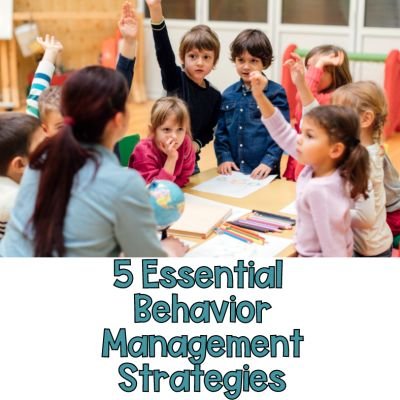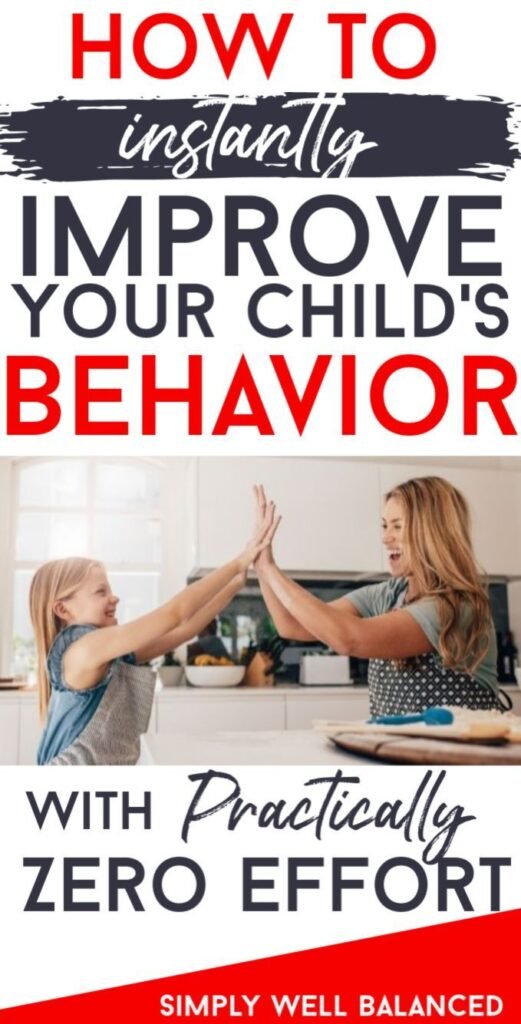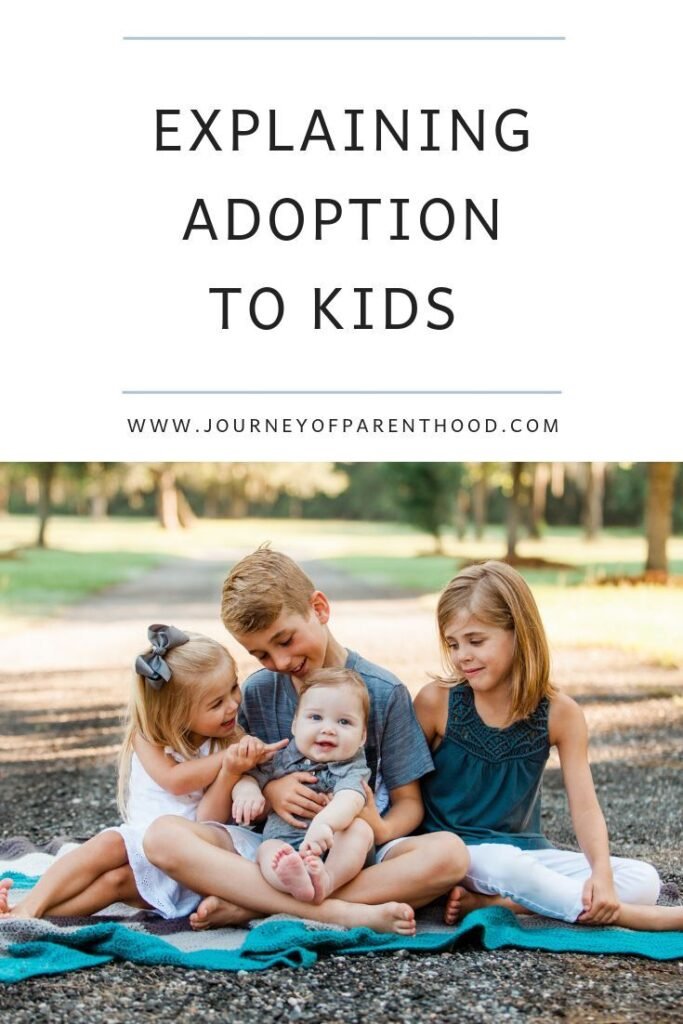Adoption brings new opportunities for children and families, helping both parties grow emotionally and bond through shared experiences. A common question that arises is, can an adopted child have positive behaviors like tickling? Positive behaviors such as tickling, laughter, and physical play are often seen as indicators of comfort, trust, and happiness in a child. This article explores the emotional and behavioral development of adopted children,Can an Adopted Child Have Positive Behaviors Like Tickling focusing on whether they can display such positive traits and how parents can foster them.
Table of Contents
Understanding Positive Behaviors in Children
To answer the question, can an adopted child have positive behaviors like tickling, it is important to understand what positive behaviors mean in child development. Positive behaviors include emotional expressions such as laughter, hugs, tickling, playfulness, and other forms of affectionate interaction. These behaviors reflect trust, emotional security, and healthy relationships between children and their caregivers.
In both biological and adopted children, positive behaviors like tickling are signs of a nurturing environment where the child feels loved, valued, and safe. Therefore, positive interactions are not exclusive to biological children; they are achievable for adopted children as well.
Can an Adopted Child Have Positive Behaviors Like Tickling?
The simple answer is yes—can an adopted child have positive behaviors like tickling? Absolutely. Adopted children, like any other children, are capable of experiencing joy, connection, and trust. However, the development of such behaviors may depend on a variety of factors, including:
- Early Life Experiences: Adopted children may have experienced trauma, neglect, or inconsistent care in their early years. This can initially impact their ability to trust and show affection.
- Adoption Age: Children adopted at a younger age may adapt more easily to their new family environment and display positive behaviors sooner.
- Attachment and Bonding: The presence of a strong attachment figure is crucial for developing positive behaviors.
- Nurturing Environment: A supportive and loving environment helps children feel safe and express themselves positively.
The Role of Attachment in Positive Behaviors

A strong attachment between a child and caregiver plays a vital role in answering the question, can an adopted child have positive behaviors like tickling. Attachment theory emphasizes that children who form secure bonds with their caregivers are more likely to develop positive emotions and behaviors.
How Attachment Impacts Tickling and Play
- Comfort with Physical Touch: Tickling is a form of physical interaction that requires trust and emotional comfort.
- Emotional Safety: Adopted children who feel emotionally safe with their caregivers are more likely to engage in playful behaviors like tickling.
- Joy and Bonding: Shared laughter through tickling can strengthen the bond between the child and their adoptive parents.
If adoptive parents focus on building trust and security, adopted children can display positive behaviors, including tickling, just like biological children.
Factors That Influence Positive Behaviors in Adopted Children
The question can an adopted child have positive behaviors like tickling often hinges on various factors that influence a child’s emotional and behavioral development. These factors include:
1. Early Trauma and Neglect
Children who have experienced neglect, abuse, or instability may initially struggle to show positive behaviors. However, with patience, understanding, and a nurturing environment, these children can learn to trust and express positive emotions over time.
2. Age of Adoption
The earlier a child is adopted, the more time they have to form secure attachments with their caregivers. Younger children are generally more adaptable and open to forming bonds, which allows them to express positive behaviors like tickling sooner.
3. Parenting Style
A responsive, loving, and patient parenting style is key to answering the question, can an adopted child have positive behaviors like tickling. Parents who engage in playful interactions, tickling, and emotional support create opportunities for adopted children to show trust and affection.
4. Environment and Stability
A stable and predictable home environment helps adopted children feel safe and secure, which encourages positive behaviors. Consistency in routines, affection, and communication is essential.
How Parents Can Encourage Positive Behaviors Like Tickling
Parents play a significant role in fostering positive behaviors in adopted children. To address the question, can an adopted child have positive behaviors like tickling, here are practical steps adoptive parents can take:
1. Build Trust and Security
Trust is the foundation for any positive behavior. Adoptive parents can build trust by:
- Responding to their child’s emotional needs consistently
- Providing reassurance and affection
- Creating a safe and predictable environment
2. Engage in Playful Interactions
Play is a powerful tool for building connections with adopted children. Activities like tickling, games, and physical play can help children feel comfortable and secure.
- Spend time engaging in tickling or gentle roughhousing
- Encourage shared laughter and play
- Respect boundaries and stop if the child seems uncomfortable
3. Be Patient and Understanding
Positive behaviors may take time to develop, especially if the child has experienced trauma. Patience, love, and understanding are critical for helping adopted children feel safe enough to express joy.
4. Use Positive Reinforcement
Encourage positive behaviors by recognizing and reinforcing them:
- Praise children for expressing themselves positively
- Celebrate moments of laughter and play
- Be a role model by demonstrating affection and joy
Can an Adopted Child Have Positive Behaviors Like Tickling in the Long Term?

Long-term outcomes for adopted children depend on the environment, support, and relationships they experience. The question can an adopted child have positive behaviors like tickling can be answered affirmatively when families commit to nurturing their child’s emotional growth.
Long-Term Benefits of Positive Behaviors
- Stronger Bonds: Shared experiences like tickling strengthen parent-child relationships.
- Improved Emotional Health: Positive behaviors like laughter and play contribute to emotional stability and happiness.
- Increased Trust: Trust built through affection allows children to develop secure attachments.
By fostering a loving and supportive environment, adoptive parents can help their children thrive emotionally and behaviorally.
Overcoming Challenges to Positive Behaviors
While the answer to can an adopted child have positive behaviors like tickling is a resounding yes, some challenges may arise. These challenges include:
- Attachment Issues: Some adopted children may struggle to form attachments due to early neglect or trauma.
- Fear of Physical Touch: Children who have experienced abuse may initially be uncomfortable with physical interactions.
- Emotional Barriers: Adopted children may need time to express their emotions and show positive behaviors.
How to Overcome These Challenges
- Seek professional support, such as therapy or counseling.
- Take a slow and gentle approach to physical interactions.
- Prioritize emotional safety and trust-building activities.
- Encourage open communication and emotional expression.
Real-Life Examples: Can an Adopted Child Have Positive Behaviors Like Tickling?
Many adoptive families share heartwarming stories about their children developing positive behaviors over time. These stories affirm the answer to can an adopted child have positive behaviors like tickling:
- Case 1: A 5-year-old adopted boy initially hesitated to engage in physical play but, after months of nurturing care, began giggling and enjoying tickling games with his adoptive parents.
- Case 2: A young girl adopted at age 3 showed visible signs of joy and trust through playful interactions like tickling and cuddling within a year of adoption.
These examples highlight that adopted children can and do display positive behaviors like tickling when they are in a supportive environment.
Also read LLM Knowledge Graph Drug Purpose: Revolutionizing Drug Discovery and Development
Conclusion: Can an Adopted Child Have Positive Behaviors Like Tickling?
In conclusion, the answer to can an adopted child have positive behaviors like tickling is a clear yes. Adopted children, like all children, are capable of experiencing joy, trust, and connection when they are provided with a nurturing, safe, and loving environment. Positive behaviors like tickling reflect emotional comfort and trust, both of which can be cultivated over time.
Adoptive parents play a critical role in fostering these behaviors by building trust, engaging in playful interactions, and being patient with their child’s emotional journey. While challenges may arise, with love and understanding, adopted children can thrive emotionally and display the same positive behaviors as biological children. The journey may take time, but the reward of seeing an adopted child laugh, trust, and enjoy playful tickling is a testament to the power of love and connection.
Ultimately, answering the question—can an adopted child have positive behaviors like tickling—provides hope and inspiration to adoptive families, proving that every child, regardless of their background, has the potential to experience and share joy.


